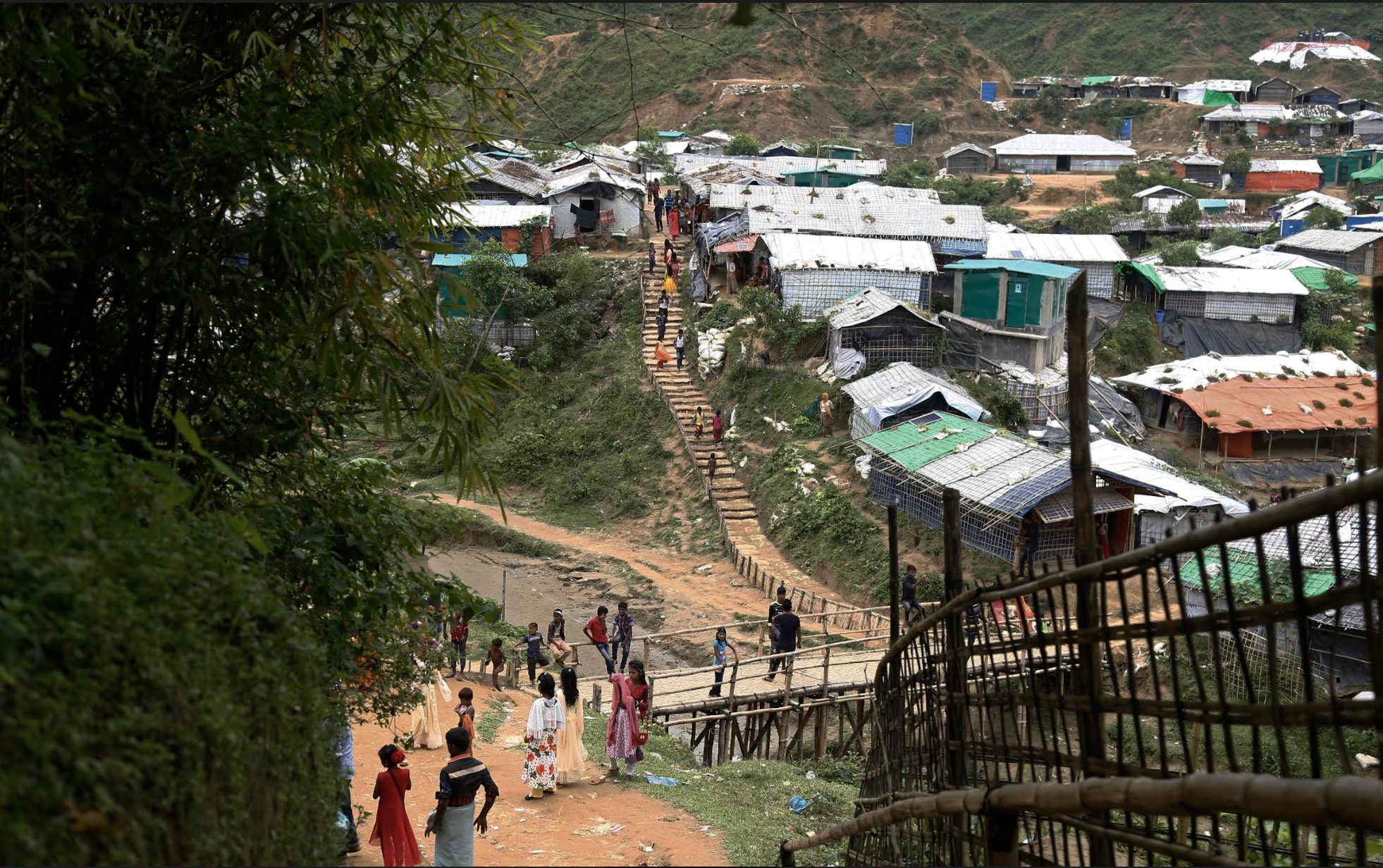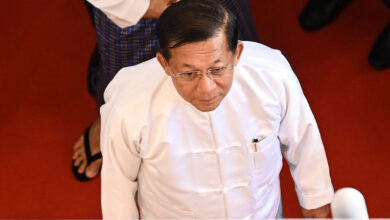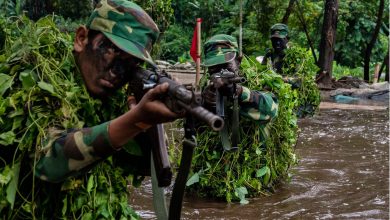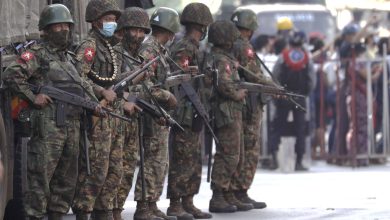
More than four years after Myanmar military soldiers committed mass murder, rape and arson against the Rohingya in Rakhine State, several efforts aimed at achieving the distant-seeming goal of bringing Min Aung Hlaing and other perpetrators to justice are underway.
Cases have been accepted at the International Court of Justice (ICJ) and the International Criminal Court (ICC), while Rohingya advocates in Argentina are pushing for courts there to accept a third case that specifically names both civilian and military officials implicated in the genocide, including detained leader Aung San Suu Kyi.
Justice is by no means guaranteed for the Rohingya, or others across the country who have been suffering under the military both before and after the February 1 coup. Regardless of the legal outcomes of these cases, the reality is that the military will continue to enjoy impunity as long as it clings to power.
Even so, the one thing that these cases can do for the Rohingya is to act as truth-seeking exercises, putting down on the official record exactly what happened. But even the courts of The Hague do not have the capacity to comprehensively document what happened in the weeks and months after the killing started on August 25, 2017.
During the bloodbath, some 300 villages across Rakhine were subjected to atrocities. Nearly 24,000 Rohingya civilians were killed in numerous massacres, while 18,000 women and girls were raped, according to a report from the Ontario International Development Agency (OIDA).
The ICC, the ICJ and others will not and cannot do a full truth-seeking investigation covering every affected village. These international legal proceedings will focus on several villages that were heavily affected, inviting a couple of dozen witnesses to the stand.
That means a huge amount will be left out of the proceedings, information that ought to be brought to light for historical, legal, and moral reasons. We must not allow the details about what happened in the majority of Rohingya villages in 2017 to be lost to history.
In Asian Dignity Initiative‘s latest report on the massacre, seven Rohingya researchers interviewed 845 civilians from 30 villages in Rakhine State in a bid to ensure as many details about what happened are put on the record as possible.
We want to continue these efforts in the future so that no village is left out. When the Covid-19 situation allows again, grassroots efforts to build a comprehensive picture of what happened must resume.
Kim Ki-nam is an attorney with Asian Dignity Initiative, a South Korean charity that records human rights violations in Asia and supports survivors.



